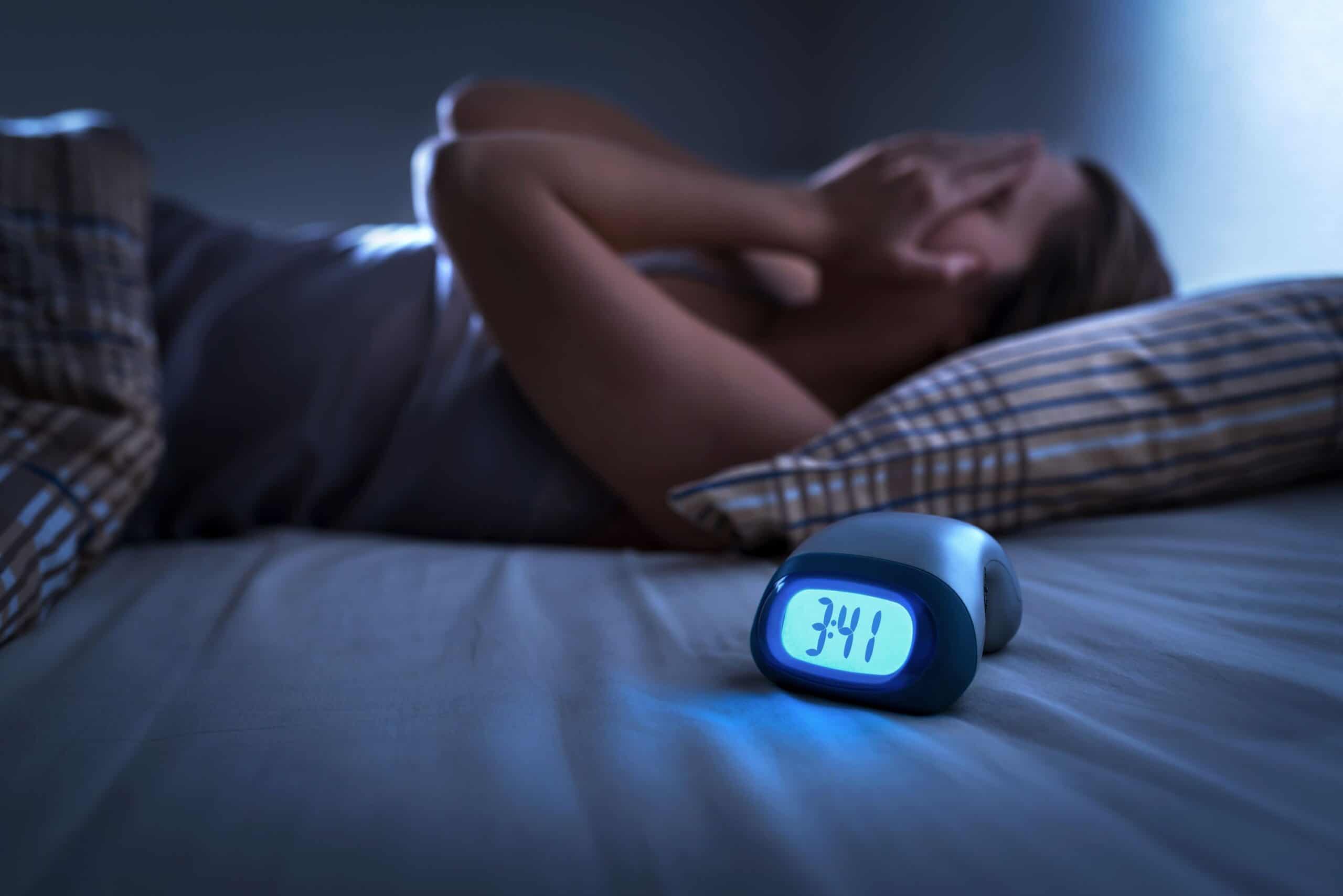If you’ve been struggling with your sleep recently, you’re not alone.
Increased times of stress can lead to nights of tossing and turning. Research conducted by King’s College London and Ipsos MORI after the first lockdown in March last year, found half the UK population had more disturbed sleep, with two in five people sleeping fewer hours a night.
When we feel stressed and overwhelmed, sleep hygiene can easily fly out the window. If you’ve been having restless nights, you might be making these mistakes – but they’re easily remedied.
Mistake 1: Ditching your routine
“Our daily routines help us maintain some structure to our day and keep our body’s sleeping patterns in sync,” explains sleep psychologist Stephanie Romiszewski, on behalf of LloydsPharmacy.
For many of us, working from home, being on furlough or unemployment means our daily routines have shifted dramatically. We no longer have to get up and commute to work, meaning it’s easy to stay up later and sleep in a bit more. “As a result, we dilute our sleep opportunity, which discourages good quality sleep, as your body no longer understands when you want to sleep,” says Romiszewski.
How can you fix it?
“I encourage you, work or not, to wake up at the same time each day and get the house up with you,” advises Romiszewski. “That means turning the lights and radio on, dance around and be loud! By doing this, you are indicating to your brain that energy is required and it’s the start of a new day. As well as this, you will notice your sleeping pattern becomes more regulated, as you have introduced more structure to your day.”
Mistake 2: Working from bed

If you don’t have the luxury of a separate office space at home, you might set up in your bedroom – or even fall into the trap of working from bed.
“Working from home removes the compression time between work and home, which can lead to anxieties from work following you into your down time,” explains Romiszewski. “This can make it difficult to switch off each night from the stressors of work and fall into a peaceful slumber. The impact of this is heightened for those working in their bedroom, as they cannot escape the cues of work. Furthermore, visibility of the work set-up may lead the mind into overdrive.”
How can you fix it?
If at all possible, you shouldn’t work in your bedroom. If it’s unavoidable, Romiszewski says: “Make sure you tidy away at the end of each day. Pack away what you can and even cover up your workstation, so it can be tucked away both physically and mentally.”
Mistake 3: Consuming too much news
“With everything going on and things changing so often, it’s only natural many of us have taken more of an interest in watching the news more regularly,” says Romiszewski. “However, by doing so, it can have a real impact on our mental wellbeing, and also greatly impact our sleep.”
How can you fix it?
Romiszewski advises against watching or reading the news right before bed. “It can be a big distraction for your mind and you could find yourself falling asleep later, as your mind is working overtime, especially at a time of the day when it should be winding down,” she says.
Instead, the psychologist recommends consuming news for a short period during the day, so your mind has time to process it, whilst your body is widely awake. Instead, she suggests using the time before bed to write down everything on your mind that may be worrying you. “By doing this,” she adds, “it allows your brain to trust that you are addressing these feelings, without having to take them with you when you sleep.”
Mistake 4: Not getting enough sunlight
Lockdown means you’re probably getting a whole lot less sunlight than normal. “Our regular commuting routines, lunch breaks and social gatherings have all been disrupted and with all this, our activity and natural light has declined,” says Romiszewski. “For those working from home, it’s very easy to roll out of bed straight to work, and neglect proper breaks outside. On the other hand, for those not working, it can be difficult to find the motivation to get out and about, even if it’s once a day.”
This lack of natural light and vitamin D could impact your sleep. “Firstly, we need natural light to regulate our circadian rhythm, which helps regulate our sleep cycles. Absence of this can be disruptive in our endeavours to secure a good sleep pattern,” says Romiszewski. “Secondly, research has shown that sufficient vitamin D helps contribute towards good quality sleep.”
How can you fix it?
Romiszewski’s advice is simple: “Plot time in your day to take a break, be active and secure natural light where you can – even if that’s just through a window.” She also recommends taking a vitamin D supplement.





